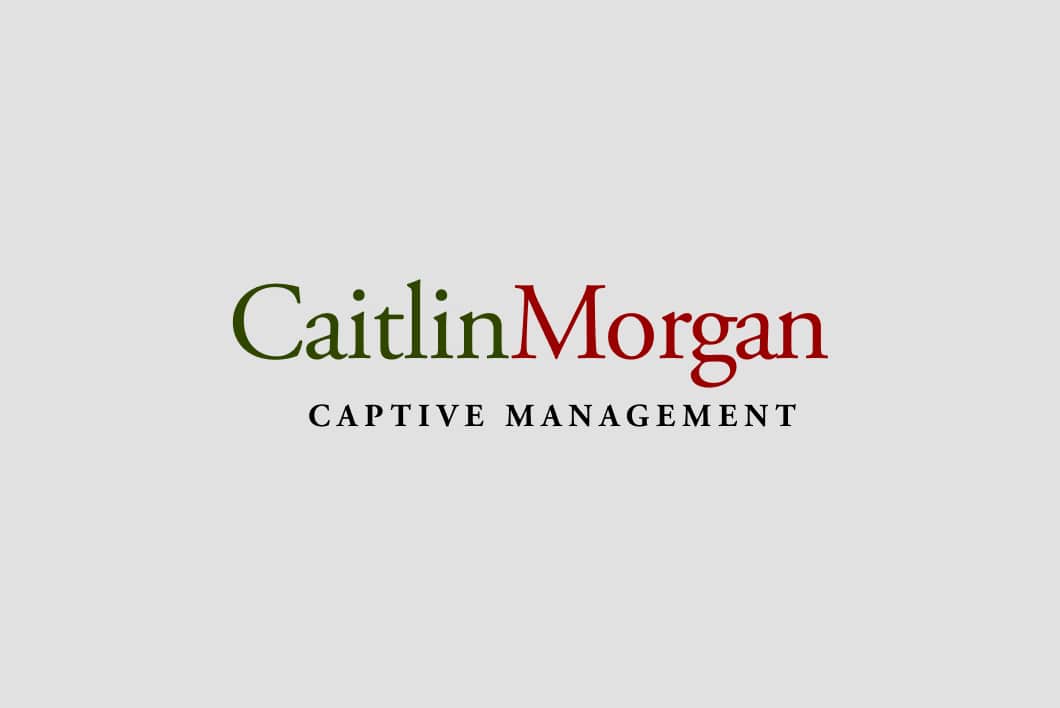Address
304 North Cardinal St.
Dorchester Center, MA 02124
Work Hours
Monday to Friday: 7AM - 7PM
Weekend: 10AM - 5PM

When it comes to protecting business assets, company owners have numerous insurance options. Commercial general and professional liability insurance policies and more specialized coverages can be obtained, but even these insurance solutions may not be sufficient for the risk exposures of certain business interests. Facing potential insurance coverage shortfalls, the United States Congress legislated the creation of risk retention groups (RRGs). This category of captive insurance offers significant benefits; in this guide, we will explore how RRGs can be used to manage risks.
First established by the U.S. Congress in 1981, a risk retention group (RRG) is a form of self-insurance, allowing members of the group to pool their commercial liability risks, thus spreading risks so that each member does not face potentially high claims alone. In 1986, the laws governing RRGs were enhanced with the passage of the Liability Risk Retention Act (LRRA), effectively expanding available insurance coverages within RRG plans. The development of RRGs in 1981 and again in 1986 was spurred by business owners being unable to obtain liability insurance products at affordable prices, leaving many companies without suitable coverage. Today, over 200 RRGs protect the assets of thousands of businesses and represent over $3 billion in annual premiums.
RRGs can cover most liability risk exposures, including:
It is important to note, however, that certain coverages are not available under RRGs, particularly commercial property insurance, commercial auto insurance, and workers’ compensation.
Under the LRRA, owners of companies with similar business profiles, operational activities, and risk exposures can create an RRG. Examples include medical or dental practices, financial services firms, law offices, and small manufacturers. The members must each share common liabilities in their operations. Most RRGs are easy to form, requiring insurance licensing by being domiciled in a single U.S. state. Once formed, the RRG can generally operate nationwide, and does not require a fronting insurer in order to issue policies.
During the formation of an RRG, the group must submit a feasibility study or operational plan to the state in which the group wishes to domicile. The RRG must also submit an annual financial statement for each state in which the group wishes to do business.
When groups of similar businesses pool their risks and form a risk retention group, each member enjoys significant benefits. The primary benefit is cost savings; comprehensive liability protection is available under an RRG for a fraction of the cost associated with similar coverage from traditional insurers. Other RRG benefits include:
As with any program, RRGs are not without their disadvantages. For instance, if the claims experience of one member is unusually high, it can drive up premium costs for the other members. If the RRG were to fail, reentry into the traditional insurance market is generally very cost-prohibitive. Finally, not all members may wish to share information with other businesses in the group, potentially leading to imbalances in the risk profile shared by all RRG members. Despite these potential disadvantages, RRGS represent a cost-effective and comprehensive means of securing liability protection. For business owners, the financial and protective advantages alone outweigh any potential drawbacks.
Caitlin Morgan Captive Services provides clients with captive insurance solutions supported by years of experience in establishing the successful formation and implementation of a wide range of captives. To learn more about how we can help you, please contact us at (855) 975-4949.